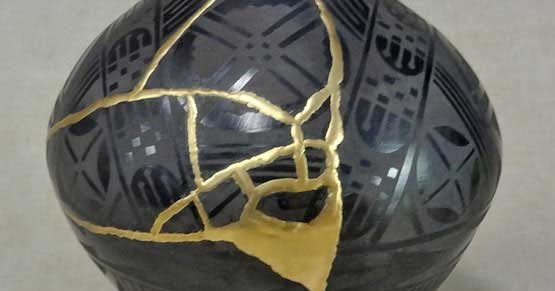
I truly had no idea what I was in for when I listened to the words of a man who was kindly offering me a whiskey neat. “No man, thanx”, I said, “ I want to stop drinking”. I had just walked into the weekly “Hootenany” at the Sidewalk Bar & Grill where my friend, Brian, was the host for the evening. His face lit up as he said, “I’ve done that before. There’s a place on East 11th Street between Ave A and 1st Ave that can help you. Just walk down the basement stairs there and they might be able to help you.”
I had just inherently decided two days prior, that the day I had been avoiding for the previous 12 years had officially arrived. Brian got me seltzer on the house for the entire evening. I did not perform that night.
A week later, I trekked over to E 11th St as indicated and walked down the stairs. When I opened the door there was a room filled with people sitting down in what seemed to be neat rows of metal folding chairs. Someone motioned toward me pointing to an empty seat with what seemed to be my name on it. I stepped in and slowly closed the door behind me. As I was sitting down, the speaker was sharing about not knowing what had happened for days at a time. I instantly identified, thinking to myself, “I don’t know what’s going on either“ as I seemingly lived in a “ME” bubble for so long. Then I realized that I too had been driving in blackouts shortly after I had obtained my driver’s license. In fact, I had moved to NYC for many reasons. Not having to drive was one of them.
After several months of making substantial changes to my drug use, my life seemed to be somewhat improving, I was not waking up with bruises that I didn’t know how they got there, my skin cleared up as I lost 14 lbs. of bloat and no one was chasing me down. I did have a host of other realities to deal with. I developed insomnia, was incredibly angry at the world, spent more and more time in isolation developing depression while being chronically worried about every other thing that might be happening next.
One of my peers asked me if I had ever been to therapy. It was yet another deer in the headlights moment. Never in a million years would I have ever thought that I had a mental health issue and at that moment, it was clear as day. I had spent years medicating with alcohol, other drugs and behaviors alike.
I signed up with the community health center in the Lower East Side (NYC) and participated in various outpatient programming until they were unable to justify keeping me in the program 4 years later.
In the US, 77% of men polled express having some kind of common mental health condition such as anxiety or depression. Men account for nearly 70% of suicide deaths in the United States, yet they’re half as likely as women to seek mental health treatment. We see this pattern play out daily within the recovery community—men who’ve masked their pain with substances. If you identify as a man reading this, chances are you’ve been taught that your emotions are inconvenient, that trauma is something you should ‘get over,’ and that asking for help is a sign of weakness. In a nutshell, I was a poster boy for this.
Leonard Cohen said in his song, Anthem, “There’s a crack in everything. That’s how the light gets in.”
In the 15th Century, the Japanese art of Kintsugi was developed where they used silver and gold to mend valuable porcelain that had been broken. People celebrated the imperfection and impermanence in Kintsugi and saw each individual as unique. Everyone has their share of cracks and imperfections. Although we are all broken in one way or another, we can still be both beautiful and whole.
I know that all I was taught about strength was backwards. It ends up that courage is more easily built on a foundation of vulnerability. It was in the willingness to say things like “I don’t know”, “I may be wrong ”and “show me” that let the light shine through, highlighting the need to address the cracks in my mental health.
What might this sound like for you…?
